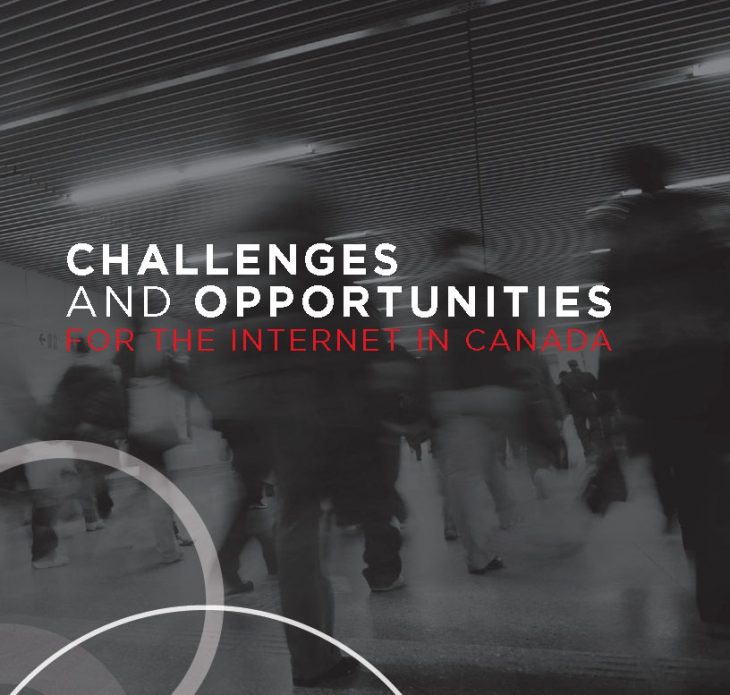
OTTAWA – Canadians believe security, access and cost, and digital literacy pose the greatest challenges when it comes to their successful use of the Internet. The findings come from the Canadian Internet Registration Authority (CIRA), the organization that manages the .CA Internet domain.
This past February CIRA held its latest Canadian Internet Forum (CIF), where Canadians shared their thoughts on the development, deployment and governance of the Internet in Canada. From those discussions CIRA has just released a white paper report entitled “Challenges and Opportunities for the Internet in Canada.”
“The Internet has become the driver of a new knowledge-based economy and has radically altered the ways in which we communicate with each other,” said Byron Holland, President and CEO of CIRA. “It’s much too important to be left to someone else to look after and I thank those Canadians who took the time to contribute their views during the CIF.”
Holland said Canadians identified security as a top challenge. “As the Internet becomes more integral to our social and economic landscape, it is inevitable that there will be greater volumes of criminal activity to exploit that.”
For Canadians, access and cost go hand in hand explained Holland. CIRA’s forum identified a clear belief that Canada suffers from an urban-rural divide with regard to access and speed. Urban centres are seen to have better, faster and cheaper access than rural or remote areas. This is a growing concern says CIRA, considering that the Internet can be a great facilitator of economic development. While mobile was identified as one way in which better access can be provided in more remote areas, it is considered to be very expensive in Canada.
“Cost, access and speed form a nation’s digital currency,” said Holland. “A decade ago, Canada was a digital leader, but various third-party reports have since charted a steady decline in Canada’s speed and competitiveness compared to other industrialized nations. It’s time for us to retake our position as a global digital leader.”

Digital literacy, the capacity to use the Internet for education, work and entertainment, and to understand digital media content and applications, along with the knowledge and capacity to create digital technology for personal use as well as for the competitive marketplace was also an issue of major concern. It touches on topics such as privacy, parental controls and barriers of language.
“Canadians are concerned that Canada is falling behind other counties in ensuring its citizens have the digital literacy skills they need,” said David Fowler, CIRA’s Director of Marketing and Communications, and a Board member of MediaSmarts, a not-for-profit that specializes in digital and media literacy.
“While this may be true, we believe there is also a substantial opportunity here to advance Canada’s social and economic agendas through education and outreach. CIRA is actively working with other stakeholders in Canada’s Internet ecosystem to improve digital literacy among all Canadians.”
CIRA's Holland will present the findings in early November at the United Nations coordinated Internet Governance Forum in Baku, Azerbaijan.



